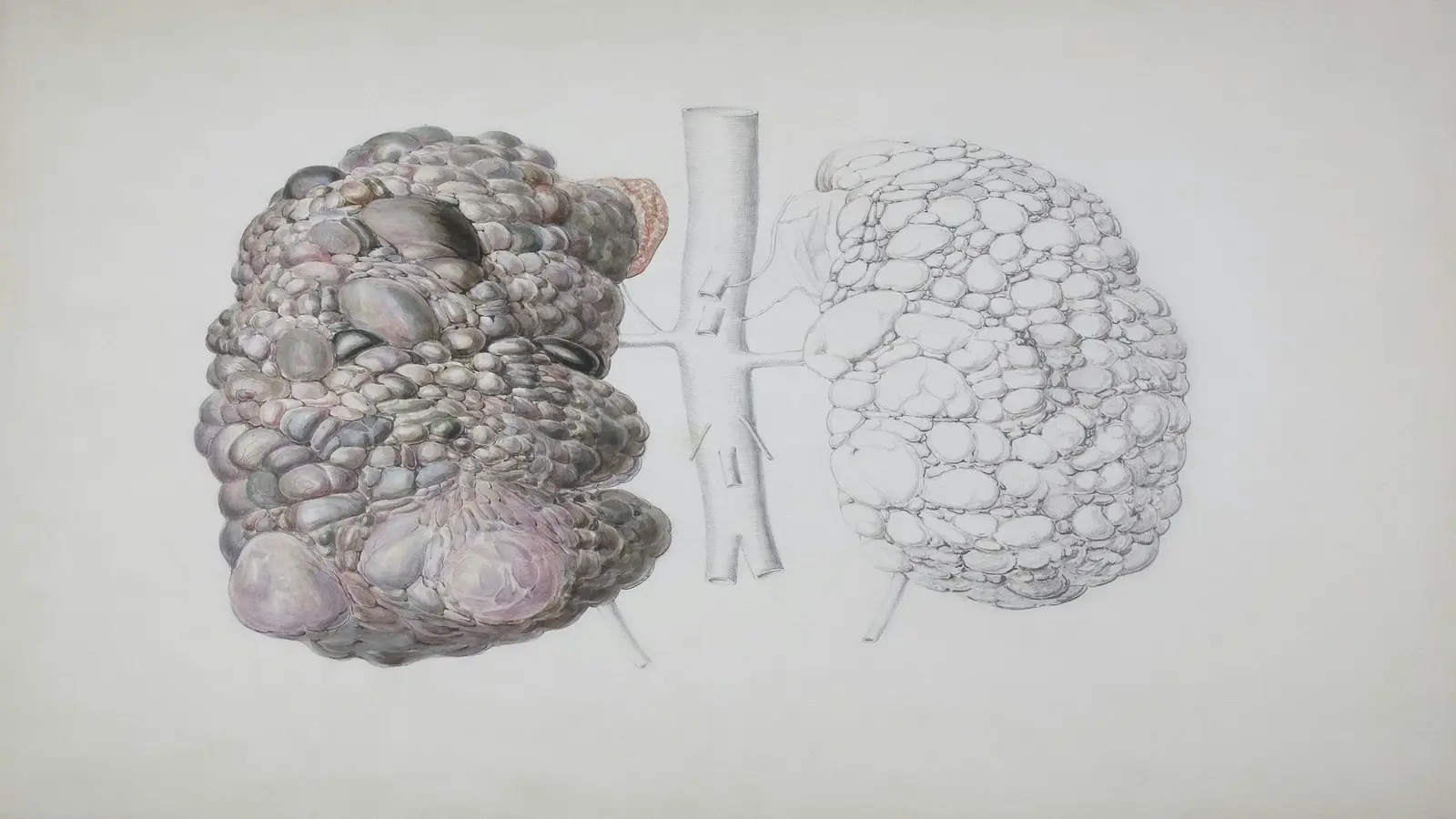
Nutrition plays a vital role in managing kidney disease, improving quality of life, and slowing disease progression. Whether you are newly diagnosed or undergoing dialysis, working with an experienced NDIS dietitian can help you make informed dietary choices that reduce complications and support better health. Below are essential tips to guide your kidney-friendly eating plan.
Potassium is a key mineral that helps regulate heart rate and muscle function. While it is essential for good health, potassium can become dangerous when your kidneys are not functioning properly. In people with kidney disease, especially in later stages, potassium levels can rise in the blood and lead to serious complications.
It is important to note that potassium issues usually arise in later stages of kidney disease. If you are in an early stage and your potassium levels are high, it is best to consult your doctor or renal dietitian to explore other causes before adjusting your diet.
Some of the most frequent causes of elevated potassium include:
A personalised review of your lab results and medication list can help determine the root cause of high potassium.
You do not need to avoid all potassium-rich foods. Many healthy foods contain potassium and are important for overall nutrition. The goal is to manage intake wisely:
Need personalised help? Explore our NDIS Nutrition Support Services to work with an experienced dietitian.
Too much sodium (salt) can raise your blood pressure and cause your body to retain fluid. This puts additional stress on your kidneys and heart. In kidney disease, especially during dialysis, managing sodium intake is essential to prevent swelling, breathlessness, and high blood pressure.
For more support with kidney-safe cooking, visit our healthy meal preparation services page.
Phosphorus helps build strong bones, but high phosphorus levels are common in people with kidney disease and can lead to bone weakness and cardiovascular issues. Because your kidneys cannot remove phosphorus effectively, it can build up in your blood.
You may not need to eliminate these foods completely. A dietitian may suggest portion control or prescribe phosphate binders to help your body handle phosphorus better.
Proper hydration is important, but if you are in advanced stages of kidney disease or on dialysis, you may need to limit how much fluid you drink each day. Too much fluid can cause swelling, high blood pressure, and shortness of breath.
Nutrition for kidney disease is not one-size-fits-all. Your needs may change based on your kidney function, blood test results, medications, and lifestyle. That is why working with a dietitian who specialises in renal health is so important.
At Holistic ME, our NDIS-approved dietitians help clients develop kidney-safe meal plans that are practical, nutritious, and enjoyable. Whether you are living independently, in shared housing, or supported accommodation, we can create a plan that works for your lifestyle and NDIS goals.
Looking for more than nutrition help? Explore additional services like NDIS Daily Living Assistance, Behavioural Therapy, and Community Participation Support.
Living with kidney disease does not mean giving up on good food or a good life. With the right support and guidance, you can take control of your health, manage symptoms, and feel more confident about your daily routine.
At Holistic ME, our mission is to empower you through tailored support and education. From nutrition coaching to allied health coordination, we are here to help you thrive.
Ready to get started? Connect with our NDIS Dietitians or learn more about our Support Coordination services to build a plan that supports your well-being and independence.
Better health begins with informed choices, and it begins today.